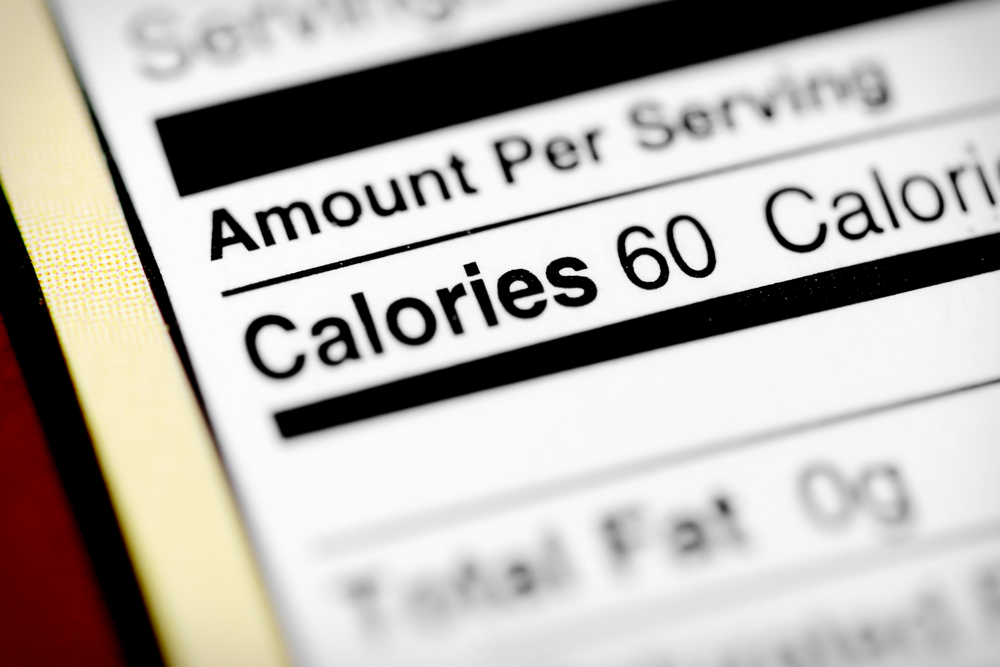Global Warming And Tax Shifting
Hurricane Katrina exposed our energy supply/demand vulnerability - petroleum and natural gas prices skyrocketed, causing economic upheaval after just this one storm. In 2006, the US trade deficit set a record for the fifth straight year. This is not sustainable and leaves the US vulnerable to a sell-off in US stocks and bonds that would stall the economy. Finally, fossil fuel combustion has caused mercury in fish, acid rain, and increasing incidence of asthma.
These are effects and risks that can be grouped under four categories, which I call The Four Biggies:
1) Global warming (global climate change)
2) Dependence on foreign energy
3) Trade deficit
4) Pollution from non-renewable fuels
These serious problems are all related to the combustion of fossil fuels and our dependence on the finite supply of these fuels. The sooner we address this underlying issue, the easier it will be to fix The Four Biggies.
Society gets enormous benefits from small amounts of fossil fuels. However, the market does not internalize (account for) all the costs of fossil fuel trade, masking the true cost of "cheap energy" and giving false signals on environment and energy problems. Simply put: Non-renewable sources of energy should cost more.
We need a market-based solution to set the stage for our ingenuity, drive, and marketplace to fix our energy problem and solve The Four Biggies. We need a solution similar in function and scope to our patent and antitrust laws - that is, we need to change the "rules" for the long-term benefit of all.
One very effective approach is tax shifting - that is, lowering taxes on beneficial activities (like labor) and raising them on negative activities (like burning fossil fuels), with the net effect on the average consumer being a financial wash.
To apply this concept to The Four Biggies, Congress would cut federal income taxes but raise taxes on non-renewable energy sources like oil, coal, and natural gas to replace the lost revenue. This tax shift should be phased-in over 10 years. For individuals and families, the shift should be as close to cost-neutral as possible. Those that pay no income tax or currently receive a credit - that is, those whose increased energy costs could not be offset by lowering their income taxes - would be reimbursed for their additional energy costs in other ways, such as a larger credit and/or subsidized transportation.
The very first things that should change under a tax-shifting plan to address global warming (and other problems) are the massive federal subsidies given to US companies that operate in the arenas of oil, gas, nuclear, coal, and mining.
Examples of such institutionalized subsidies include:
1) Waivers of insurance requirements for nuclear power plants and the massive annual government spending on US nuclear-power management and infrastructure via the Department of Energy's annual budget.
2) Pricing of mining concessions on federal lands based on a US law that is more than a century old.
3) Financial incentives to oil companies to "go out and find more" at the same time these companies are raking in record profits and cutting exploration and development budgets so they can reinvest their cash in their own stocks as they anticipate further supply constriction, price increases, and even higher profits in the future.
4) Weak pollution laws for all extractive and energy industries and lax enforcement of the regulations that do exist.
Eliminating such giveaways and dirty profits - with the changes being reflected in the prices of the products produced by these industries - would be an easy first step in any effort to shift taxes from workers' paychecks to polluters' products.
The resulting higher prices for fossil-fuel energy will reduce our use of it and stimulate the US alternative (renewable) energy industry by "leveling the playing field." As consumption of non-renewable energy decreases, an automatic "ratchet" mechanism would further shift taxes from income to energy to maintain the incentives and the tax base.
Alternative-energy industries have been hindered by cheap fossil-fuel and nuclear energy, both of which are heavily subsidized. Between 1985 and 2005, alternative energy in the US grew by a mere 0.5%, according to the Energy Information Administration. Phased-in intentional increases in energy prices would make many alternative-energy projects economically viable. The renewable energy industry would grow rapidly, refining their technologies and achieving economies of scale.
This would create an export boom, since other countries face similar problems and are already seeking solutions. A revitalized alternative energy industry will create technical jobs in the US and a mighty economic engine providing life-enhancing products for people all over the world.
This shift in taxes will improve our positions on trade, fossil fuel dependence, pollution, and greenhouse gases - The Four Biggies.
Related Articles
-
HCG Injections – Controversial Weight Loss Method Explained
HCG injections are now a trending subject amongst dieters and hea
-
Teas that make you slim
You must have tried a lot of ways to lose weight, have tried many prod
-
Gastric Bypass Surgery Benefits And Costs
Many cases of obese and morbidly obese people go far beyond the issues
-
Know All About Liposculpture Surgery!
Do you feel frustrated due to the accumu
-
The Best DietWay To Lose Weight
The diet that worked for meI have had a lot of issues and problems wit
-
Lose Weight Really Fast - Its All About Changing Your Lifestyle
A lot of people aspire to lose weight really fast for a long term basi
- DON'T MISS
- Aerobic Physical Exercise For Weight Decline Could Be Enjoyable
- Weight Loss Newbies The Beginners Guide To Losing Weight
- Hoodia Diet Pill That Work
- Learn About 5-HTP
- What is brown fat? How is it different from other body fat?
- Calories to Lose Weight: the Lowdown
- A Fun Story About How To Lose Weight Fast
- How You Can Eat Carbs And Still Lose Weight
- Supplement Diets - Do They Work
- 5 Ways to Eat Mindfully at Holiday Parties




